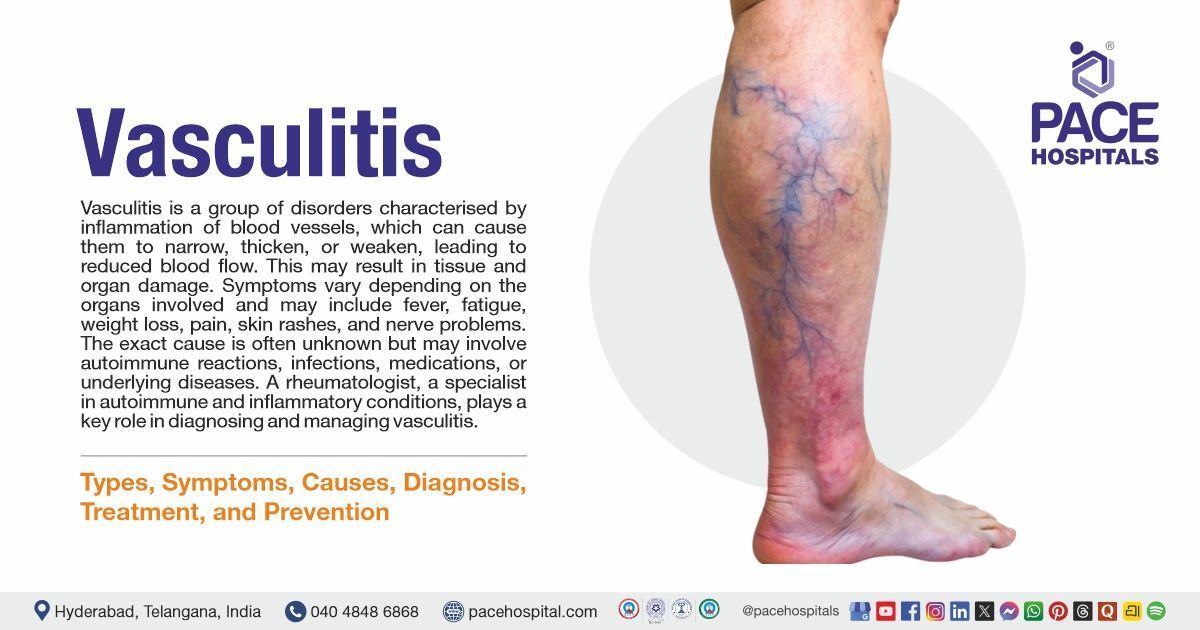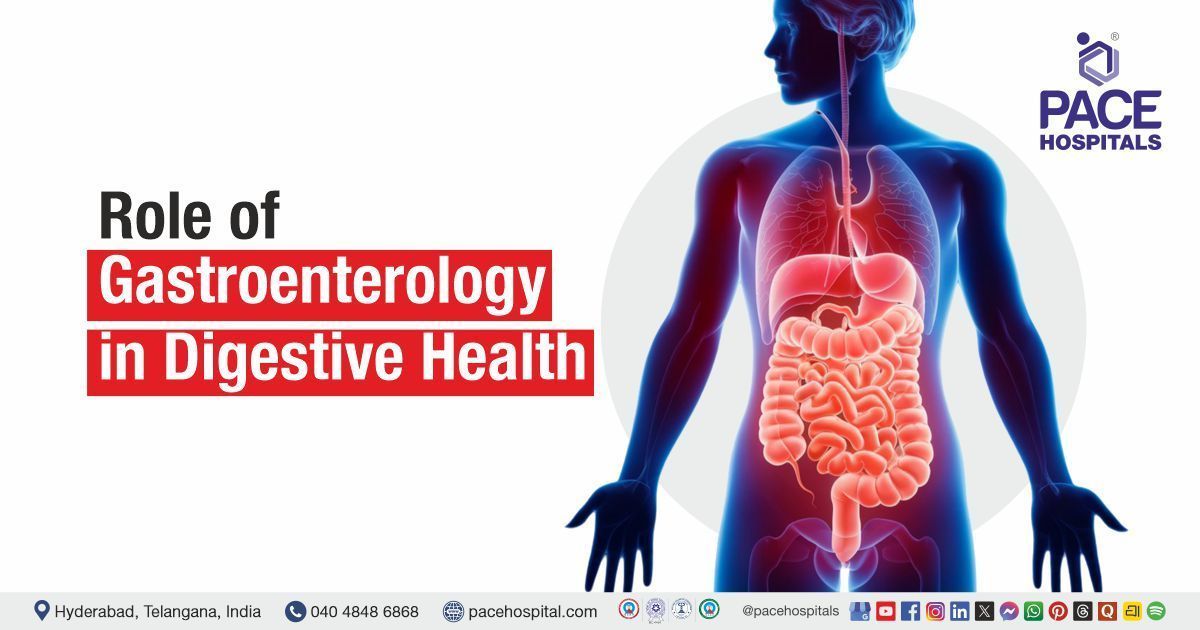Challenging Management of Severe Acute Necrotizing Pancreatitis with Walled-Off Pancreatic Necrosis and Related Complications
PACE Hospitals
A 27-year-old male patient presented to PACE Hospitals, Hyderabad with complaints of severe acute necrotizing pancreatitis with walled-off pancreatic necrosis and associated complications for advanced management. The patient was treated with various life saving procedures to manage the disease condition.
Chief complaints
An adult male patient presented to
PACE Hospitals, Hyderabad with a history of severe acute necrotizing pancreatitis and walled-off pancreatic necrosis (WOPN) a month ago, with complications including pleural effusion and thrombosis, for which he had undergone multiple interventions, including percutaneous drainage (PCD), necrosectomy, and thrombectomy.
Medical history
Alcohol induced severe acute necrotizing pancreatitis was the primary disease diagnosis of the patient. Major complications associated were Walled-off pancreatic necrosis (WOPN) in the pancreatic head, left loculated moderate pleural effusion and thrombosis of left internal jugular vein (IJV).
Presenting symptoms on admission
The patient was presented to PACE Hospitals, Hyderabad, with complaints of abdominal bloating and intermittent fever for the past 2 days. The patient returned to the hospital one month later with symptoms of abdominal bloating, likely due to persistent pancreatic inflammation or complications from necrotic tissue and cyst formation. Additionally, intermittent fever was observed, suggesting a possible ongoing infection potentially associated with pancreatic or pleural effusion.
General Examination
On general examination, the patient was found to be conscious, coherent, and alert, with no signs of acute distress. There was no pallor, indicating the absence of anemia. The percutaneous drainage (PCD) catheter was observed to be in situ in the epigastric region.
Vital Signs on Admission
Vital signs revealed a pulse rate, blood pressure, respiratory rate and oxygen saturation levels were within normal limits.
Laboratory Findings
Liver function tests revealed transaminitis with elevated AST and ALT levels, indicating ongoing liver stress or injury, likely secondary to a systemic inflammatory response. Alkaline phosphatase (ALP) levels were high and the albumin levels being low reflected ongoing inflammation or nutritional deficits, possibly due to prolonged illness and feeding issues. Additionally, C-reactive protein (CRP) was markedly elevated, indicative of significant systemic inflammation or infection.
Diagnosis
The patient was diagnosed with severe acute necrotizing pancreatitis (ANP), likely attributed to chronic alcohol use as the underlying cause of their clinical presentation.
Primary Complications associated with the diagnosis included walled-off pancreatic necrosis (WOPN), with necrotic pancreatic tissue and a left loculated pleural effusion and left internal jugular vein (IJV) thrombosis.
Medical interventions
The patient underwent multiple therapeutic interventions during his hospital stay as asserted by Dr. Govind Verma, the interventional gastroenterologist, transplant hepatologist, pancreatologist and endosonologist, along with other consultants Dr. M Sudhir and Dr. Padma Priya. A percutaneous drainage (PCD) catheter was placed in the epigastric region to manage walled-off pancreatic necrosis by facilitating the removal of fluid and debris.
Additionally, a transgastric necrosectomy with cystogastrostomy was performed to remove necrotic pancreatic tissue and create a connection between the pancreatic cyst and the stomach for internal drainage. For managing left internal jugular vein (IJV) thrombosis, mechanical thrombectomy was carried out to extract the thrombus, followed by balloon venoplasty to restore and maintain venous blood flow.
He had been on nasojejunal (NJ) feeding for the past three weeks due to severe abdominal discomfort and pancreatitis. After initial improvement, the patient was stable at discharge with recommendations for follow-up.
Dietary Notes
Post-discharge, the patient was advised to follow a strict dietary regimen, including a low-fat diet to minimize pancreatic stimulation and reduce the risk of flare-ups. A high-protein diet was recommended to aid recovery and address protein malnutrition resulting from prolonged illness and nutritional deficits. Strict alcohol abstinence was emphasized as essential to prevent future episodes of alcohol-induced pancreatitis.
Follow-Up and Review Notes
The patient was advised to follow up with Dr. Govind Verma, in the Outpatient Department (OPD) after one week for further evaluation of recovery and ongoing complication management.
Additionally, a review with Dr. Pradeep Kiran Panchadi was scheduled after one week to assess the need for thoracoscopic adhesiolysis or decortication due to pleural effusion and potential fibrothorax formation. The patient was instructed to seek immediate emergency care in case of any deterioration or new complications.
This case of severe acute necrotizing pancreatitis with multiple complications highlights the complexity of management and multidisciplinary approach required for such patients. Timely interventions like percutaneous drainage PCD, necrosectomy, and thrombectomy, along with strict dietary control and regular follow-up, are essential for optimizing recovery and preventing further complications. The patient’s prognosis depends on strict adherence to post-discharge care and follow-up, particularly in managing pancreatic complications and the potential for pleural effusion or infections.
Share on
Request an appointment
Fill in the appointment form or call us instantly to book a confirmed appointment with our super specialist at 04048486868











